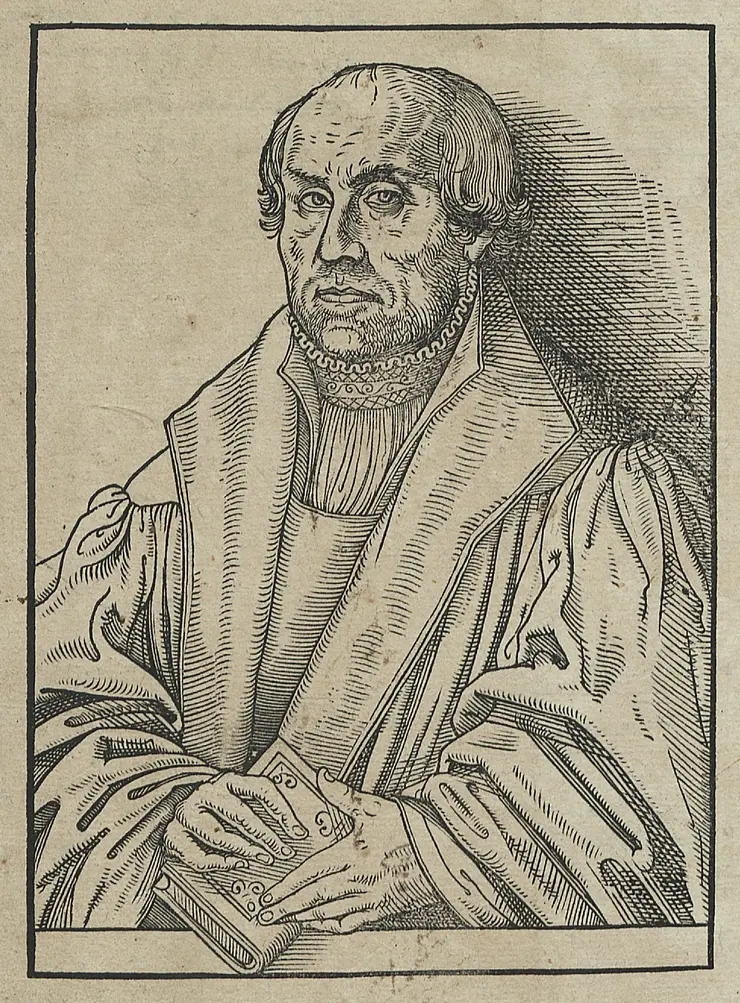Content, scope and history of the collection
The Gotha Research Library preserves a rich collection of manuscripts, bequests and autographs on the intellectual foundations and the formative phase of the Reformation as well as on its historical impact and life of Protestantism up to the mid-18th century.
The collection includes
- around 1,100 letters from Martin Luther’s (1483–1546) correspondence as originals or in contemporary copies – representing a quarter of all surviving letters
- around 17,000 letters and documents as originals or contemporary copies by Erasmus of Rotterdam (1466?–1536), Philipp Melanchthon (1497–1560), Johannes Bugenhagen (1485–1558), Georg Spalatin (1484–1545), Jean Calvin (1509–1564), the Thuringian reformers Friedrich Myconius (1490–1546) and Justus Menius (1499–1558) as well as Protestant theologians of the second and third rank in central Germany.
The estate of the Lutheran theologian Friedrich Breckling (1629–1711), who cultivated contacts with early Pietists, and the correspondence of Catholic theologians such as Bishop Stanislaus Hosius (1504–1579) and Petrus Canisius (1521–1597) are also preserved in part in Gotha. Thus, the collection is interdenominational. As part of his efforts to write a comprehensive church history from 1500 to 1700, the erudite Gotha library director Ernst Salomon Cyprian (1673–1745) acquired these and numerous rare manuscripts, thus making the library a centre of Reformation research at an early stage.
The richness of the Reformation collection in Gotha is also manifested in
- the estates of the ducal couple Johann Wilhelm (1530–1573) and Dorothea Susanna (1544–1592) of Saxe-Weimar
- the partial bequests of the Geneva reformer Theodor Beza (1519–1605), of Paul Eber (1511–1569), the last of the central theologians in Wittenberg, and of Julius von Pflug (1499–1564), the last Catholic bishop of Naumburg-Zeitz before the adoption of the Reformation.
Information on the intellectual, political, religious and social context is provided by manuscripts and historical sources on the university history of Jena, Wittenberg, Marburg, Leipzig, Helmstedt and Tübingen, records of imperial diets and religious assemblies, as well as letters, Luther’s “Table Talk”, theological anthologies from the first and second generation of the Reformation and sources on worship and piety practices.
Research and use
Use
Mediaeval manuscripts can be consulted in the special reading room by appointment.
Digitisation orders: order form for download



